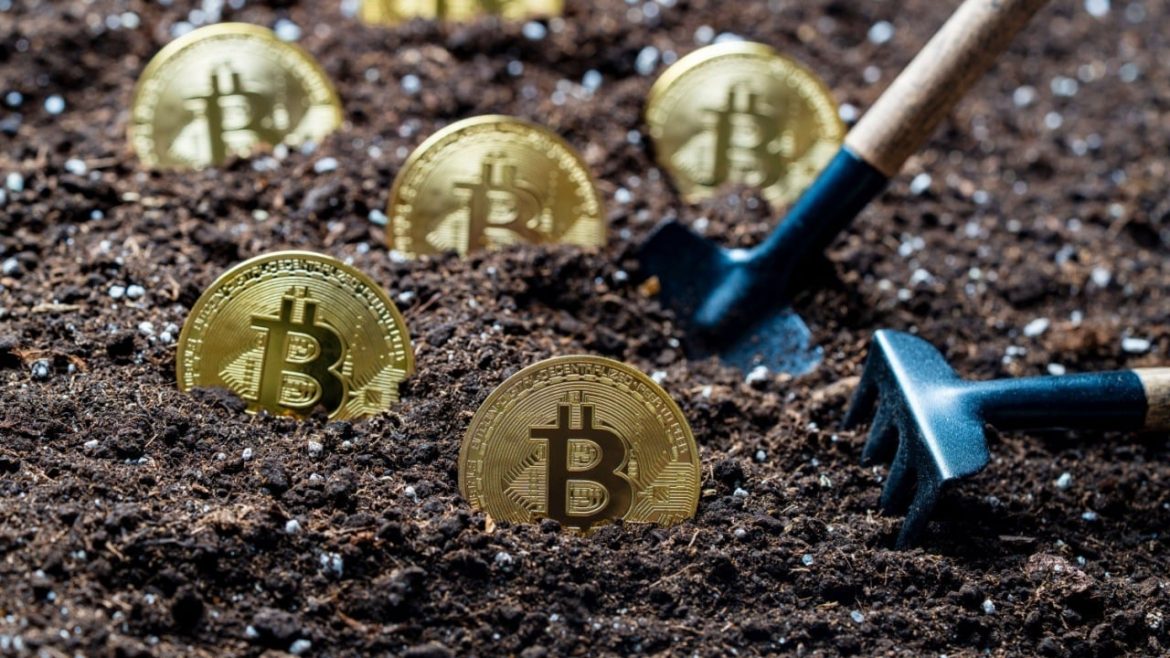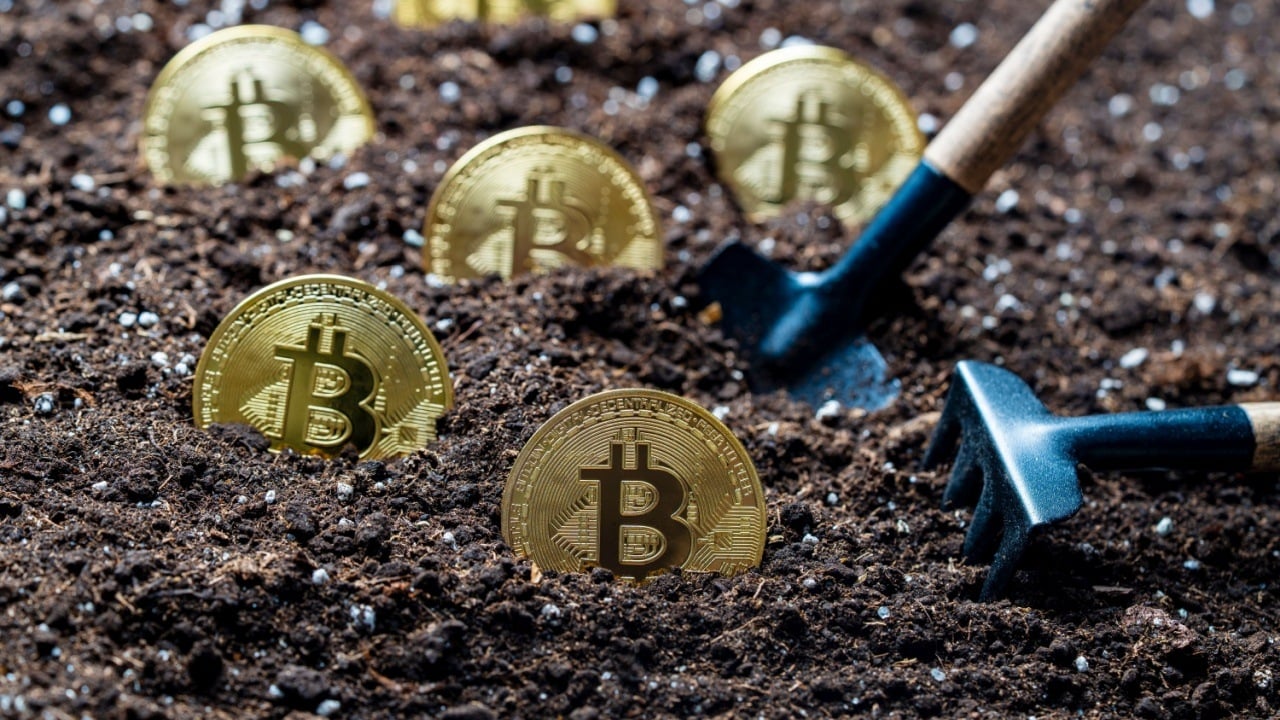Tether and Adecoagro have embarked on a pioneering venture that merges the worlds of cryptocurrency and sustainable agriculture. This collaboration aims to harness Brazil’s abundant renewable energy resources to power Bitcoin mining operations, setting a new standard for environmentally conscious digital asset production. The partnership underscores a growing industry trend toward integrating cryptocurrency mining with renewable energy sources, addressing long-standing concerns about the environmental impact of blockchain technologies.
The Strategic Alliance
Tether, the issuer of the widely used USDT stablecoin, has been increasingly focused on supporting resilient energy infrastructure and decentralized networks. The company’s foray into Bitcoin mining represents a strategic shift toward sustainability within the cryptocurrency ecosystem. By partnering with Adecoagro, Tether gains access to a robust renewable energy infrastructure that can power mining operations while minimizing carbon emissions.
Adecoagro, a leader in sustainable agricultural production, operates extensive renewable energy facilities across South America. With over 230 MW of electrical generation capacity from wind, solar, and hydropower sources, the company possesses significant surplus energy that can be redirected toward Bitcoin mining. This collaboration allows Adecoagro to monetize its excess energy more effectively while exploring Bitcoin as a long-term value asset. The Memorandum of Understanding (MoU) formalizing this partnership outlines a framework for leveraging Adecoagro’s energy resources and Tether’s mining expertise to establish a sustainable Bitcoin mining operation in Brazil.
Sustainable Bitcoin Mining: A Paradigm Shift
The core innovation of this partnership lies in its use of renewable energy to power Bitcoin mining. Traditional mining operations have relied heavily on fossil fuels, contributing to significant carbon emissions and environmental degradation. By contrast, the Tether-Adecoagro initiative demonstrates that Bitcoin mining can be conducted in an environmentally responsible manner.
Optimizing Energy Utilization
Adecoagro’s renewable energy facilities generate more electricity than the company requires for its agricultural operations. This surplus energy is typically sold back to the grid at fluctuating spot market prices, which can be volatile and unpredictable. By redirecting this excess energy to Bitcoin mining, Adecoagro can optimize its energy use and create a stable revenue stream. The mining operation will utilize Tether’s open-source Mining OS, ensuring transparency and efficiency in the process.
Enhancing Revenue Diversification
Bitcoin mining offers Adecoagro an opportunity to diversify its revenue streams beyond traditional agricultural products. The mining operation can provide a consistent source of income, mitigating the risks associated with fluctuating energy prices and agricultural market conditions. By locking in pricing for the energy used in mining, Adecoagro can enhance its financial stability and explore new avenues for growth.
Supporting Grid Stability
The Bitcoin mining operation can also contribute to grid stability by acting as a flexible energy consumer. During periods of low demand, the mining operation can absorb excess renewable energy, preventing it from being wasted. Conversely, during periods of high demand, the mining operation can reduce its energy consumption, freeing up electricity for other critical uses. This dynamic approach to energy management can help stabilize the grid and support the integration of renewable energy sources.
A Model for Sustainable Cryptocurrency Practices
The Tether-Adecoagro partnership represents a significant step toward sustainable Bitcoin mining. By combining renewable energy resources with innovative mining technologies, the project aims to demonstrate that Bitcoin mining can be conducted in an environmentally responsible manner. This initiative aligns with global efforts to reduce carbon emissions and promote sustainable energy practices.
Aligning with Global Sustainability Goals
As the world transitions toward a low-carbon economy, it is essential to find ways to integrate cryptocurrency mining with renewable energy sources. The Tether-Adecoagro partnership serves as a model for other companies looking to adopt sustainable mining practices. By showcasing the feasibility of green Bitcoin mining, this initiative can inspire similar projects worldwide, contributing to the broader goal of reducing the environmental impact of the cryptocurrency industry.
Promoting Transparency and Innovation
Tether’s commitment to using an open-source Mining OS underscores its dedication to transparency and collaboration. By sharing its mining software with the broader community, Tether hopes to foster innovation and accelerate the development of more efficient and sustainable mining technologies. This open-source approach can help drive advancements in the field, making sustainable mining more accessible to a wider range of participants.
Bitcoin as a Long-Term Value Asset
Beyond monetizing surplus energy, Adecoagro recognizes Bitcoin’s potential as a long-term value asset, similar to its farmland holdings. The company plans to leverage this mining project to initiate strategic exposure to Bitcoin on its balance sheet. This move reflects a growing trend among corporations to include Bitcoin as part of their investment portfolio, recognizing its potential as a store of value and hedge against inflation.
Brazil’s Favorable Environment for Green Mining
Brazil’s favorable regulatory environment, abundant renewable energy resources, and growing interest in cryptocurrency make it an attractive location for Bitcoin mining operations. The country’s commitment to sustainable development further enhances its appeal as a hub for green Bitcoin mining initiatives. The Tether-Adecoagro partnership is well-positioned to capitalize on these advantages, setting a precedent for future projects in the region.
Challenges and Opportunities
While the Tether-Adecoagro partnership holds significant promise, it also faces certain challenges. The volatility of Bitcoin prices can impact the profitability of mining operations, requiring careful risk management strategies. Additionally, regulatory changes and technological advancements can affect the economics of Bitcoin mining.
However, the opportunities for growth and innovation in the sustainable Bitcoin mining space are immense. As more companies embrace renewable energy and adopt efficient mining technologies, the environmental impact of Bitcoin mining can be significantly reduced. The Tether-Adecoagro partnership is poised to lead the way in this transformation, paving the path for a more sustainable and responsible cryptocurrency ecosystem.
A Greener Future for Bitcoin
The partnership between Tether and Adecoagro represents a significant milestone in the quest for sustainable Bitcoin mining. By harnessing the power of renewable energy, this initiative demonstrates that it is possible to mine Bitcoin in an environmentally responsible manner. As the cryptocurrency industry continues to evolve, it is essential to prioritize sustainability and innovation to ensure a greener future for Bitcoin and the planet. The collaboration serves as an inspiring example of how companies can work together to create a more sustainable and prosperous future for all.





